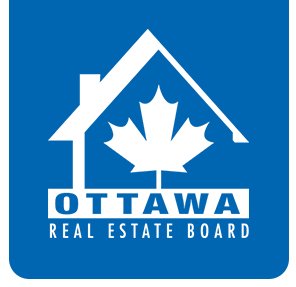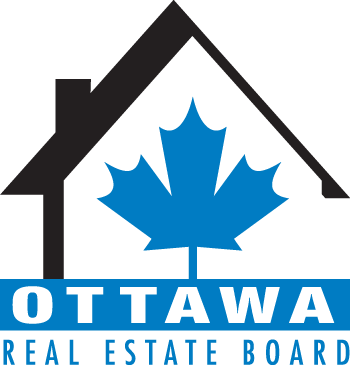Ottawa, ON, March 23, 2017 – Ontario REALTORS® are one step closer to being able to form personal real estate corporations (PRECs) under Bill 104, the Tax Fairness for Realtors Act, 2017. The Bill passed second reading today, which means it is moving onto the final stage of debate before a final vote determines if it becomes law. The Ontario Real Estate Association (OREA) launched a campaign earlier this month encouraging MPPs to support the Tax Fairness for Realtors Act via its website RealtorTaxFairness.ca.
“Realtors are community leaders and hard working small business owners,” said Rick Eisert, President of the Ottawa Real Estate Board. “Having the ability to form a personal real estate corporation will allow them to invest in new technology, plan better for the future and create jobs in the community by hiring more staff.”
A 2015 study by the Centre for Spatial Economics (C4SE), found that personal real estate corporations would have a positive economic benefit for the province. Specifically, C4SE’s report found that PRECs would create between 33-89 net new jobs annually and contribute between $9 to $25 million annually to Ontario’s GDP.
“OREA is working to make sure Ontario Realtors are treated fairly,” said Ettore Cardarelli, President of OREA. “Most professions in Ontario have the ability to form personal corporations, but not Realtors. This legislation is about giving Realtors the same business rights as everybody else.”
A technicality in the Real Estate Business Brokers Act, 2002 currently prevents Realtors from forming PRECs. Other regulated professions in Ontario, including accountants, lawyers, health professionals, social workers, mortgage brokers, insurance agents, architects and engineers, can all form personal corporations. British Columbia, Québec, Manitoba, Saskatchewan, Alberta and Nova Scotia have moved to allow real estate salespeople to incorporate.
The bill was reintroduced last week by PC MPP Todd Smith and co-sponsored by NDP MPP Catherine Fife & Liberal MPP Mike Colle. OREA is continuing its call for action encouraging Realtors to contact their local MPP in anticipation of the third vote. Realtors can send an email to their MPP by visiting RealtorTaxFairness.ca.
-30-


